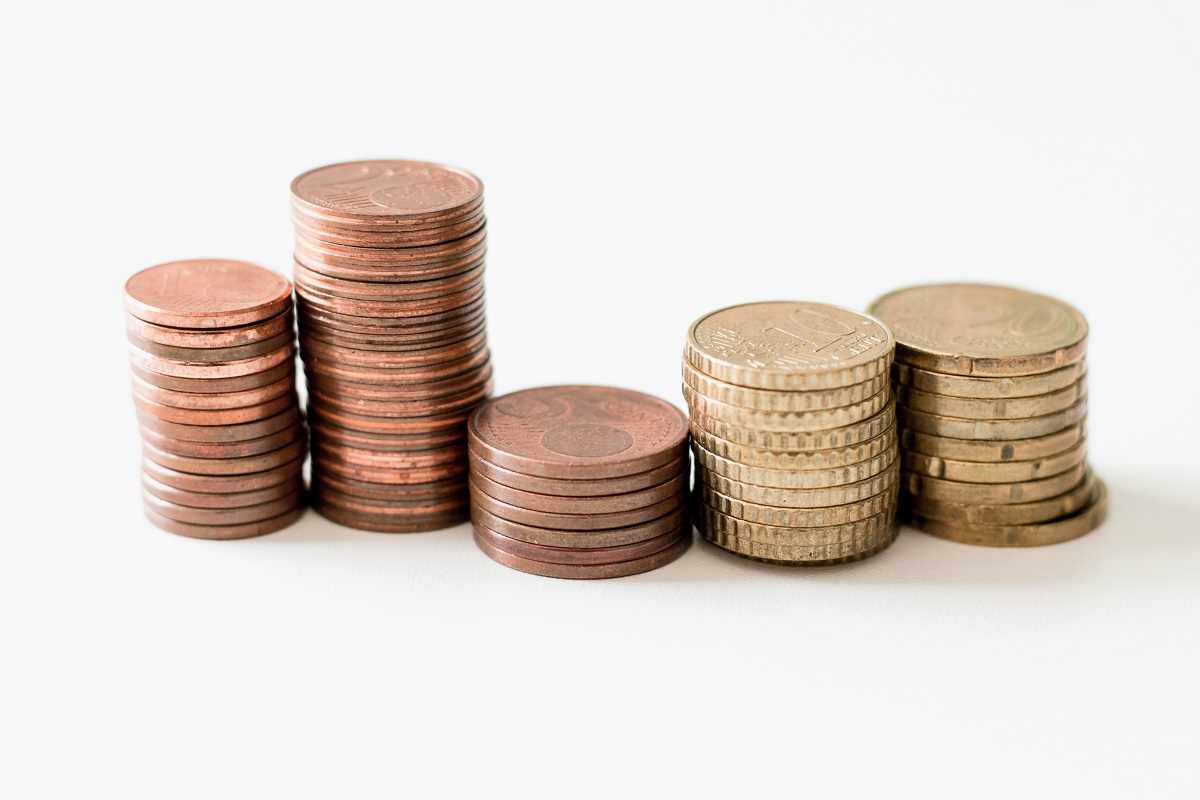Facing financial difficulties can be overwhelming, and in some cases, bankruptcy might be the best solution for a fresh start. While bankruptcy is a significant step, recognizing warning signs early can help you make informed decisions about your financial future.
Here are key indicators that bankruptcy may be worth considering.
Persistent Financial Stress
One of the clearest indicators of financial trouble is the inability to cover essential expenses. If you’re constantly struggling to pay bills, maxing out credit cards, or borrowing to make ends meet, it’s a sign that debt has become unmanageable.
When you’re caught in a cycle of debt with no foreseeable way out, bankruptcy may provide a solution by eliminating some or all of your debt and allowing you to rebuild.
Ignoring financial stress can lead to further debt accumulation, making it even harder to get back on track. If you find yourself living paycheck to paycheck without making progress on your debt, it might be time to consider a more comprehensive solution like bankruptcy.
Legal Actions from Creditors
When debts go unpaid, creditors may initiate legal action to recover what they’re owed. This can include lawsuits, wage garnishments, or even foreclosure proceedings. These actions can escalate quickly, impacting your income, assets, and financial stability. Bankruptcy offers legal protection, or an “automatic stay,” which temporarily halts most creditor actions. This can prevent further collection efforts and give you space to reorganize your finances.
Facing legal action can be incredibly stressful and difficult to manage alone. Bankruptcy may provide relief and protect essential assets like your home or car, giving you a path forward without the constant threat of creditor lawsuits or collections.
Overwhelming Debt that Keeps Growing
Another sign that bankruptcy may be necessary is when debt becomes overwhelming and continues to grow despite your efforts to pay it down. High-interest debt, such as credit card balances or payday loans, can increase exponentially, making it nearly impossible to make headway.
If you’ve tried debt consolidation, negotiation, or payment plans and are still unable to reduce your debt significantly, it might be time to consider bankruptcy as an option. Bankruptcy can discharge or restructure debt, allowing you to start fresh with a more manageable financial outlook.
Significant Decline in Credit Score
Financial distress often leads to missed payments, high credit utilization, and eventually, a decline in your credit score. A poor credit score makes it harder to secure new credit, loans, or even rental agreements, which can further limit your financial options.
While bankruptcy will also impact your credit score initially, it can ultimately offer a faster route to recovery compared to continuing on a path of missed payments and accumulating debt.
After bankruptcy, you can start rebuilding your credit by practicing good financial habits and utilizing credit responsibly. Many people find that with a strategic approach, they can improve their credit score within a few years after filing for bankruptcy.
Emotional and Mental Strain from Financial Stress
Financial problems don’t only affect your wallet; they can also have a significant impact on your mental and emotional well-being. Constant stress about money, sleepless nights, and strained relationships with family and friends are all signs that financial difficulties may be taking a toll on your health. The weight of overwhelming debt can lead to anxiety, depression, and even physical health issues.
If debt is impacting your quality of life, filing for bankruptcy could help relieve some of the pressure. Bankruptcy can offer a fresh start, allowing you to regain peace of mind and focus on your overall well-being.
Unmanageable Medical Expenses
Unexpected medical bills or chronic healthcare costs are common contributors to financial hardship. Medical debt can quickly spiral out of control, especially if you’re uninsured or underinsured.
Even with insurance, the high cost of deductibles, copays, and uncovered treatments can lead to overwhelming debt.
If medical expenses are making it difficult to meet your other financial obligations, bankruptcy may provide a way to discharge or restructure these debts.
While bankruptcy doesn’t erase the need for future medical care, it can relieve the burden of existing medical debt, helping you regain stability.
Considering Bankruptcy: A Thoughtful Decision
Bankruptcy is not a decision to be taken lightly, as it comes with serious financial implications. However, for many people, it offers a pathway to financial recovery and a chance to rebuild. Before proceeding, it’s essential to explore all available options and understand the potential consequences. Here are steps to consider:
- Consult a Financial Advisor or Bankruptcy Attorney: A professional can help you assess your financial situation, explain your options, and guide you through the process. They can also help determine which type of bankruptcy (Chapter 7 or Chapter 13) may be best suited for your circumstances.
- Explore Alternatives: Look into options such as debt consolidation, credit counseling, or negotiating directly with creditors. Bankruptcy should typically be considered after other solutions have been exhausted.
- Consider Long-Term Impact: Bankruptcy will impact your credit score for several years, but it also provides an opportunity for a clean slate. Think about your financial goals and whether bankruptcy aligns with them in the long term.
- Prepare for a Fresh Start: If you decide to file for bankruptcy, use this opportunity to build better financial habits. Create a budget, build an emergency fund, and explore ways to increase your financial literacy.
Financial difficulties can be challenging, but recognizing the signs that bankruptcy may be a viable option is the first step toward relief. By staying aware of persistent financial stress, legal actions, overwhelming debt, credit score decline, emotional strain, and high medical expenses, you can make informed decisions about whether bankruptcy is right for you.
With the right guidance and a proactive approach, bankruptcy can provide a fresh start, helping you regain control of your finances and set yourself on a path to long-term stability.
 (Image via
(Image via





